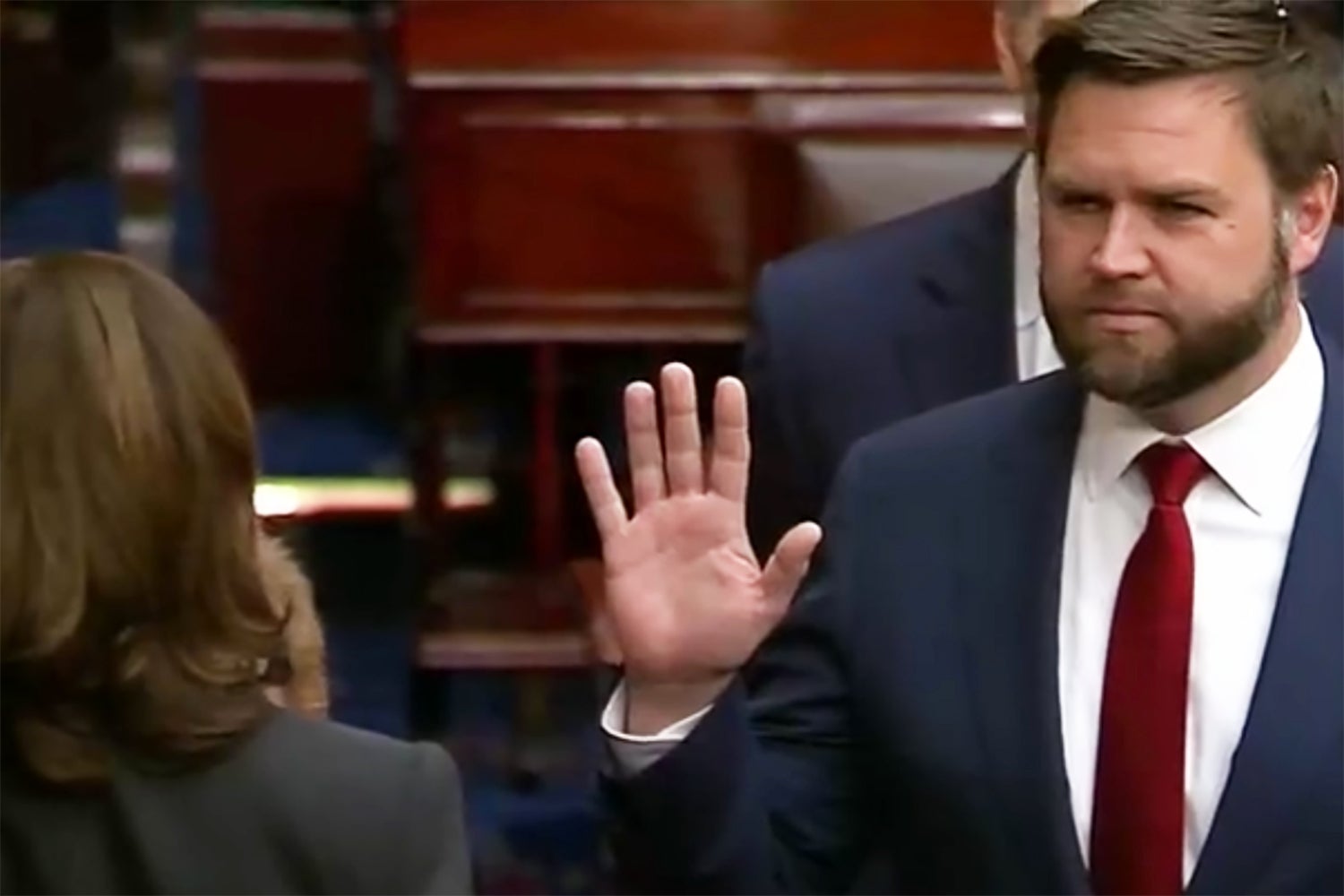Jim Crawford: The red state dilemma
Published 12:00 am Thursday, April 25, 2024
Red States are those who reliably vote for Republicans. Voters in those states report that they relate to conservative values of community, religion and anti-liberalism in general.
And their elected representatives will articulate those values with rhetoric that demonizes Democrats and liberal bias in general. But those same representatives, when voting, most often vote against the values of their voters on issue after issue.
Consider the crisis faced by rural hospitals. According to the research by Chartis, 43 percent of rural hospitals are “vulnerable to closing.” Between 2010 and 2021, 136 rural hospitals have closed, mostly due to the loss of Medicaid dollars that fund poorer Americans coverage in rural communities.
Currently, 10 states have refused to accept federal dollars to expand Medicaid coverage for their voters, nine of those states are Republican led. Ignoring this crucial need, Republicans have proposed further reducing Medicaid federal dollars, a budget decision that would strike at the heart of rural healthcare.
Likewise, while the Biden administration has created and funded total broadband Internet access expansion, a benefit that mostly serves rural communities, Republicans have refused to fund the program going forward, resisting a $7 billion investment that has already given 23 million Americans high-speed access. Red states need this access for their economic development, but Republicans have shown no interest in providing the needed monies.
Republicans have also refused to support small farmers in the red states. Between 2017 and 2022 the number of small farms fell from 2 million to 1.9 million, and that translates into losing 2,500 farmers per month during the period. What happened to these small farms?
One factor was Republican support for mega-farms in federal subsidies. Between 1995 and 2021 the top 10 percent of farms received 78 percent of federal subsidies commodity programs, with the top 1 percent receiving 27 percent of available federal dollars.
Another problem for farms has been the inability to access immigrant labor. Due largely to federal immigration policies, fewer farm workers have been available. The American Farm Bureau estimates a need for 1.5 million to 2 million farm workers, but the supply has decreased by 75 percent in recent years.
In 2019, 56 percent of California farmers reported an inability to find critical workers. These shortages have increased prices and inhibited production.
American farmers have pushed for immigration reform with no success and consumers have paid a price for that failure by legislators. Additionally, Trump tariffs and the resulting Chinese import restrictions on American farm products have hurt farm prices. Soybean prices have crashed in the last four years of these crushing tariffs, again pushing small farmers out of business.
In each of these critical areas of the needs of red states, rural communities and farm survivals, Republicans have offered their voters pontification over policy, hurting red state economies while advancing often superficial social condemnations.
Unfortunately, red state voters have bought into the rhetoric and ignored that Republican policies have not helped them, but have hurt their families and their economies.
Biden policies, on the other hand, have increased broadband access, allowing for the creation of more in-home economic opportunities, have created new infrastructure programs to improve rural roads and highways for better linkage to urban markets, and have supported rural healthcare with the Affordable Care Act and the expansion of Medicaid coverages. The rural hospital crisis can be solved, but first requires Republicans to stop fighting healthcare access for their citizens.
We are beset with a clamor of negative voices distracting us from the factual issues and solutions that are possible and present. If only we can reject the rhetoric and embrace the results.
Jim Crawford is a retired educator and political enthusiast living here in the Tri-State.






